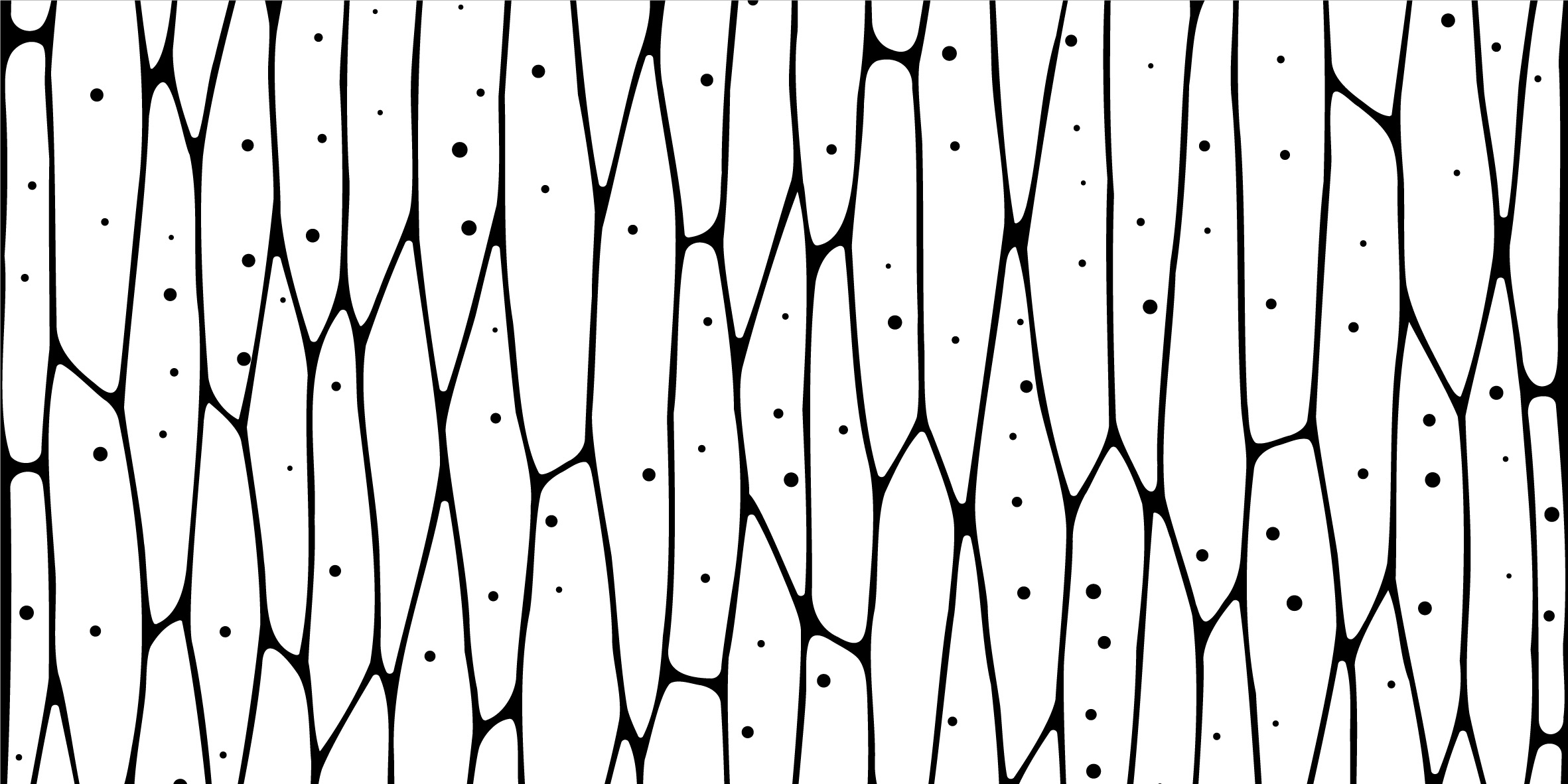Artemisinin
A natural molecule used as an antimalarial

Malaria is a leading cause of disease in developing countries, taking the lives of hundreds of thousands of people every year with children being the most vulnerable group affected. Artemisinin is a key ingredient used in antimalarial drugs and Artemisinin-based Combination Therapies (ACTs) are the first-line treatment recommended by the WHO.
Artemisinin is traditionally found in the extract of Artemisia annua, or the sweet wormwood plant. While ACTs are the most effective treatment, Artemisia crop yields can be unpredictable from year to year, causing price volatility of the plant-derived molecule and impacting overall availability of this life-saving drug. Amyris received a grant from the Bill and Melinda Gates Foundation to make Artemisinin more easily and widely available, ultimately reducing the cost and increasing access to urgently-needed malaria treatments. Amyris successfully engineered yeast to produce Artemisinic Acid, a molecule that can be converted to Artemisinin at a significantly lower cost and isn’t vulnerable to weather conditions or irregular harvests. Using synthetic biology, this approach allows for “on demand” manufacturing to meet the global need for Artemisinin and ACTs.
In 2008, Amyris licensed its Artemisinic acid yeast strain to Sanofi on a royalty-free basis via OneWorld Health, resulting in the delivery of millions of treatments to those in need. Through ongoing support of the Gates Foundation, Amyris continues to work to reduce the cost of ACT treatments and increase availability around the world.